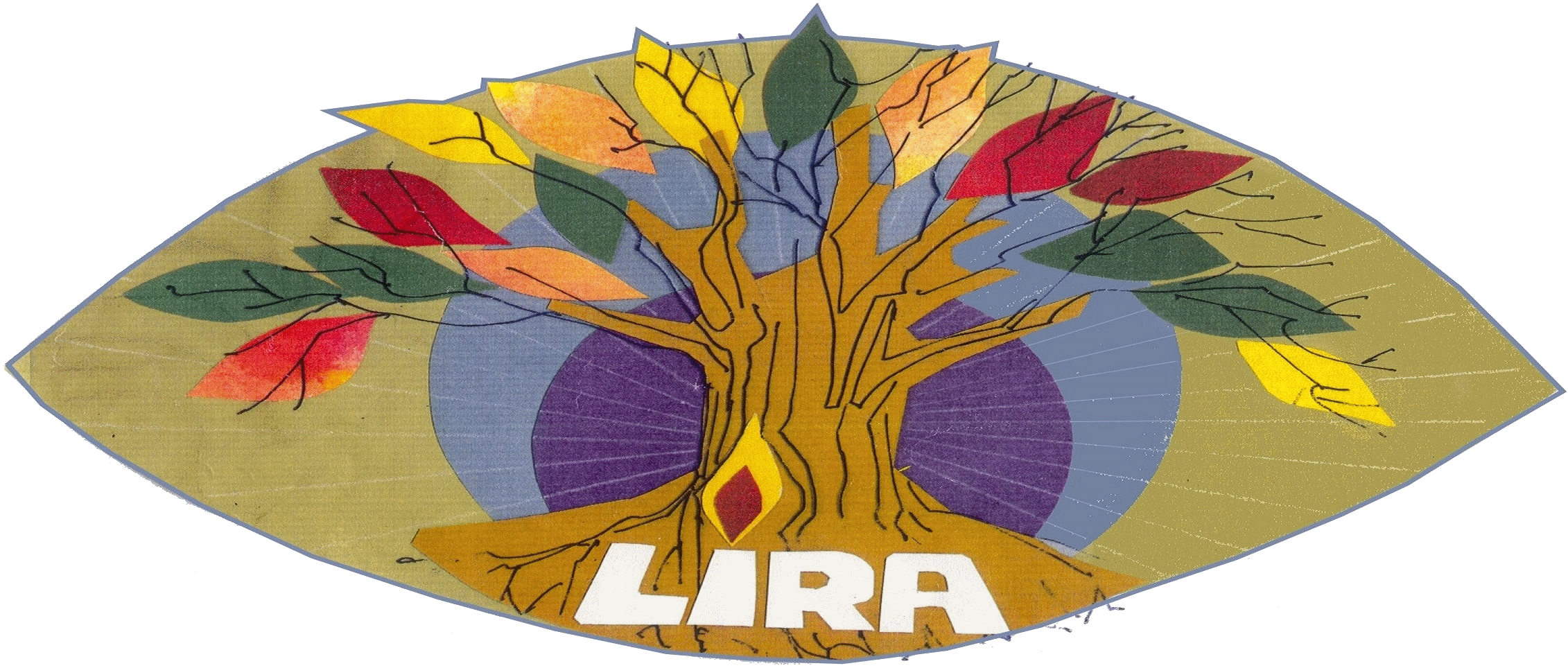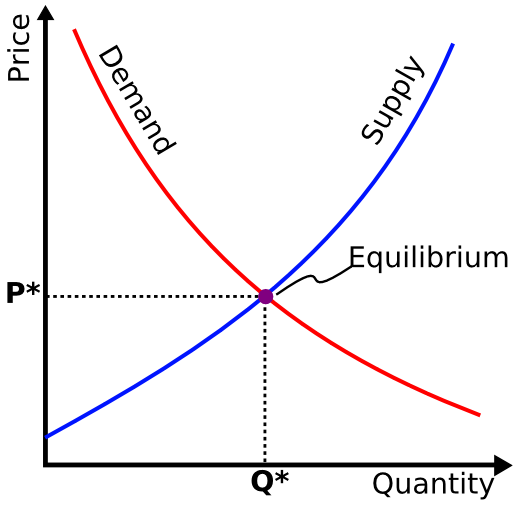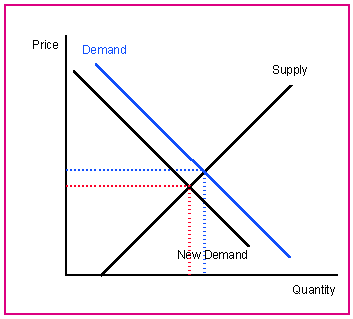
Notes on “Globalization and All That” Class No. 2
Links to Other Classes
Prev Class: No. 1 — Next Class: No. 3 — Index
Preliminaries
John’s going to TRY to go a little slower...
Reminder: Tomorrow, 3:30-5:00 PM, Talk by Jake Werner, O’Leary Library
Review from Last Week
- 2008 global recession was catastrophic.
- size and scope of recession a function of the globalization of economic activity.
- was driven by the global financial sector (different from 1930s where global trade was the core issue).
- Immediate cause: US bad loans in housing market.
- real and deeper causes in:
- US deregulation of banking and investment sector
- excessive risk taking by bankers and brokers
- lower interest rates world wide leading to easy availability of cheap
- ...
Take Aways from Last Week
- the global economy is huge
- $5+ trillion in currency exchange
- $18 trillion in goods
- $5 trillion in services
- US debt is about $20T
- 260M people are migrants, and this number is increasing due to global horrors
- growth of trade in last few decades driven in part by containerization, sophisticated supply changes and new economies
- biggest growth in international financial sector, enabled by technology and computerization
- massive increase in migration of peoples
- framed by the current “neo-liberalism” since the end of WWII
A Little History
Controlling trade
- tariffs = tax
- quotas are a related restraint on trade
- to avoid this, Toyota moved its truck production facility to Texas, which is what Trump wanted
- regulation also limit trade
- human rights, e.g., ban buying goods from countries that don’t have policies that we like, e.g., slave labor
- subsidies = restraints on trade
- allows sale of goods at less than production cost
Tariffs & Stuff
- protectionism
- economic nationalism
- “beggar thy neighbor” policies
- https://en.wikipedia.org/wiki/Beggar_thy_neighbour
- “In economics, a beggar-thy-neighbour policy is an economic policy through which one country attempts to remedy its economic problems by means that tend to worsen the economic problems of other countries.”
- other tactics
- import quotas
- anti-dumping
- regulatory policies
- exchange rate control (see discussion below)
- contrasts to free trade?
Discussion
- US gov’t always interferes with the economy
- e.g., farming
- the main reason is political
- subsidizing farming helps conservatives
- the rural part of our country is mostly conservative
- exchange rate control
- countries buy and sell their own currency to influence the exchange rate
- to bolster the currency, they buy currency with their “foreign exchange reserve”
- this makes the dollar more expensive to other countries
- China tends to keep the value of its currency artificially low
- this makes their goods and services cheaper
- when import prices go up, it causes inflation
- comment: use of the term “restraint of trade” is not always bad
- e.g., “pro-life” and “pro-life” terms, which indicate your bias
- also, “fair trade” vs. “price fixing”
- John response: yes, “restraint of trade” is not necessarily bad
- why would you raise tariffs?
- to protect a certain product or industry
- this is the classic argument
- comment: there is a good reason if you’re protecting national security interests
Tariffs — why?
- infant industry argument
- protect critical economic sector, e.g., the military?
- protect jobs/domestic industry
- retaliation
- political support in general
- policy known as “mercantilism”
- https://en.wikipedia.org/wiki/Mercantilism
- “Mercantilism is a national economic policy that is designed to maximize the trade of a nation. Mercantilism was dominant in modernized parts of Europe from the 16th to the 18th centuries before falling into decline, although some commentators argue that it is still practiced in the economies of industrializing countries in the form of economic interventionism.”
Mercantilism
- Economic theory that trade generates wealth and is stimulated by the accumulation of profitable balances, which a government should encourage by means of protectionism.
- security is the most important objective
- state and market have to work for the maintenance of security
- it is a theory, but a period in history as well, and a foreign policy for international economics
- has undergone different forms over time: classical mercantilism, economic nationalism, and neo-mercantilism
- current Trump policy is neo-mercantilism
- linked to conservative thought and to feudalism
Relation to WWII
- global trade dropped 25% from 1930-1933
- caused economic collapse
Social scientists have three views of policies
- conservativism, liberalism, radicalism
- also characteristics of human behavior
Theory underlying mercantilism
- create wealth and power to sustain security and independence for the state
- to create wealth and power states’ promote exports and limit imports to create a trade surplus and add to wealth
- security threated are seen as more than just military threats, including economic and social threats
Mercantilism as a historical period
- period of time in which nation-states started to develop (15th-18th centuries)
- ...
Linking politics to economics: realism
- mercantilism is philosophically related to the political theory of realism
- state is primary actor, power the most important objective to create national security
- realist see international politics as a zero-sum game
- underlying philosophy for both is that human competition ...
Break
What policy you pursue depends on how big you are
- trade gives small states more benefits than large ones
- trade enmeshment isn’t good for any state’s social stability, big or small
- large states can easily close their markets, small states can’t
- large states can use their markets to create political influence, leverage
- they can also use their resources to create a liberal international economic system
- they can offer its open market, cheap exports, trade influence, etc.
- Britain in 19th century, US after 1945
Globalization is not new
- Spanish empire in 1789
- so why did it fail?
- import of massive gold led to massive inflation
- no incentive technological improvement
- e.g. (a bit humorous example): why didn’t Greeks invent the vacuum cleaner? because they had slaves, so it wasn’t necessary
- Dutch empire 17th and 18th centuries
- Portuguese empire 1815
- Ottoman empire 1453-1683
- Great Britain
- by 1870, one-third of the planet was under British rule
- imperialism and colonization and exploitation
- “The sun never set on the British Empire ... because God didn’t trust the English in the dark.”
The Rise of Global Capitalism
- transition from feudalism to capitalism
- feudalism
- the dominant social system in medieval Europe
- nobility is given land by monarch in exchange for military service and allegiance
- vassals are tenants of the nobles
- the peasants (villeins or serfs) were obliged to live on their lord's land and give him homage, labor, and a share of the productions, notionally in exchange for military protection
- no real market economy, essentially agricultural based
- empires built on trade of raw products, gold, spices, etc.
- traders accumulate wealth from exploitation and slavery
- e.g., sugar trade
- sugar replaced calories in cheap food
- John said that his family consumed 14 pounds of sugar per week!
- incredibly cheap source of calories from slaves in Caribbean
Related video: “Monty Python - Constitutional Peasants Scene”
Capitalism
- an economic and social system in which investment in and ownership of the means of production, distribution, and exchange of wealth is made and maintained chiefly by private individuals or corporations, especially as contrasted to cooperatively or state-owned means of wealth, also known as a “free-market economy”
- begins in England as the Industrial Revolution
- mix of technology, labor, capital to create factory system
- unprecedented ability to make stuff
- Britain becomes “workshop of the world”
How did it happen in Britain?
- starts in mid 18th century
- mechanized spinning and textiles, water power (later steam), people moving from rural areas into new factory towns
- population increases
- reaches full development by mid 19th century, why which time British Empire is full blown and controls over 1/3 of lad mass of the globe
- "capitalists” own factories, workers and working class formed
- aristocracy/monarchy still in place
- capital/labor/technology linked together
- why UK? why then?
- as an island, the navy was critical to protect trade routes and country
- the navy needed ships, ships were made of wood, which depleted forests of Britain
- iron all was smelt with charcoal
- if country runs out of wood, it runs out of charcoal
- imperative to smelt iron with something else
- that led to coal
- black death was also critical, as when it ended the population began to grow
- inventions in agriculture, not only mechanical, but also techniques such as crop rotation
- new ways to spin cloth, no longer women at home, now done by factories
- first by water, then by steam, then electricity
- massive riots led by Luddite because they took away jobs from artisans
- capitalism = division of labor
- thus, can be done quickly and by the millions
- artisans destroyed factories
- a Luddite therefore does not believe in or approve technology
- availability of capital from slavery
- easy access to sea
- improvements in health care
Britain in 1800s ... becomes fully capitalist
- factory system incredibly successful at producing goods — textiles, later steel, machinery, chemicals, etc.
- has coal and iron ore but finds resources around the world
- cotton in US and India
- sugar and fruits in the Caribbean to feed growing population, must import food
- Manchester Liberals develop ideas of free trade and comparative advantage
- commits to free trade after Repeal of Corn Laws and remains committed through present day
- opposite of mercantilism
- enormous amounts of capital created, invests around world (largely FDI)
- by end of 19th century, US and Germany outproducing UK in coal, steel, and chemicals
- growth of financial capital
- thus, Britain slowly shifts from manufacturing to management of capital and services
- 100 years ago US was 80% manufacturing, now only 20%
- the rest is capital management and services
- railroad system in US and Britain were financed by British capital
- the British capital system became global
- underlying all this is that the way to build a global system is through free trade
WWI was really the end of the British Empire
Capitalism needed an economic and political system and theory
- at start of Industrial Revolution capitalist in UK had lots of wealth but limited political power
- age of manufacturing and role of government and representation clash
- new forces and classes emerging in 18th, 19th, and 20th centuries
- aristocracy, capitalists, workers, and later, a middle class
- all this required the new political and economic theory
- capitalists needed a system to get rid of aristocracy
New theory is economic liberalism
- limited government intervention
- rights of individual
- idea of government looking after people
Little to do with how we now use the term “liberal”
- two connected strands develop in the UK in 1700s-1800s
- economic liberalism
- political liberalism
- both emerge as a means of explaining and justifying the development of the capitalist system and the political and social system it created
- they began to challenge conservative thought as justification for the feudal system
- these are merged as the basis for what we call liberal democratic capitalism
Capitalism and Liberalism
- a free market is one element of the liberal view,which sees individuals as best equipped to make social choices
- liberals focus on the range of human activities that reveal their cooperative side
- the best interest of society is served by (rational) individual choices, that when observed from afar appear as an “invisible hand” that guides the economy and promotes the common good
- Adam Smith’s “The Wealth of Nations” published in 1776
- liberalism was part of a broader intellectual movement that was intensely political
- for political theorists, liberalism is based on the principle of freedom of the individual
- liberal political philosophy holds that people need to have negative rights (freedom from state interference), ...
Supply and Demand is the invisible hand of the market


- the left diagram above represents classic supply and demand
- the right diagram depicts what happens when there is a shift in demand
- this is the essence of a free market economy
- inelastic demand = no matter what the price, people will buy it
- e.g., gasoline, drugs, coffee


